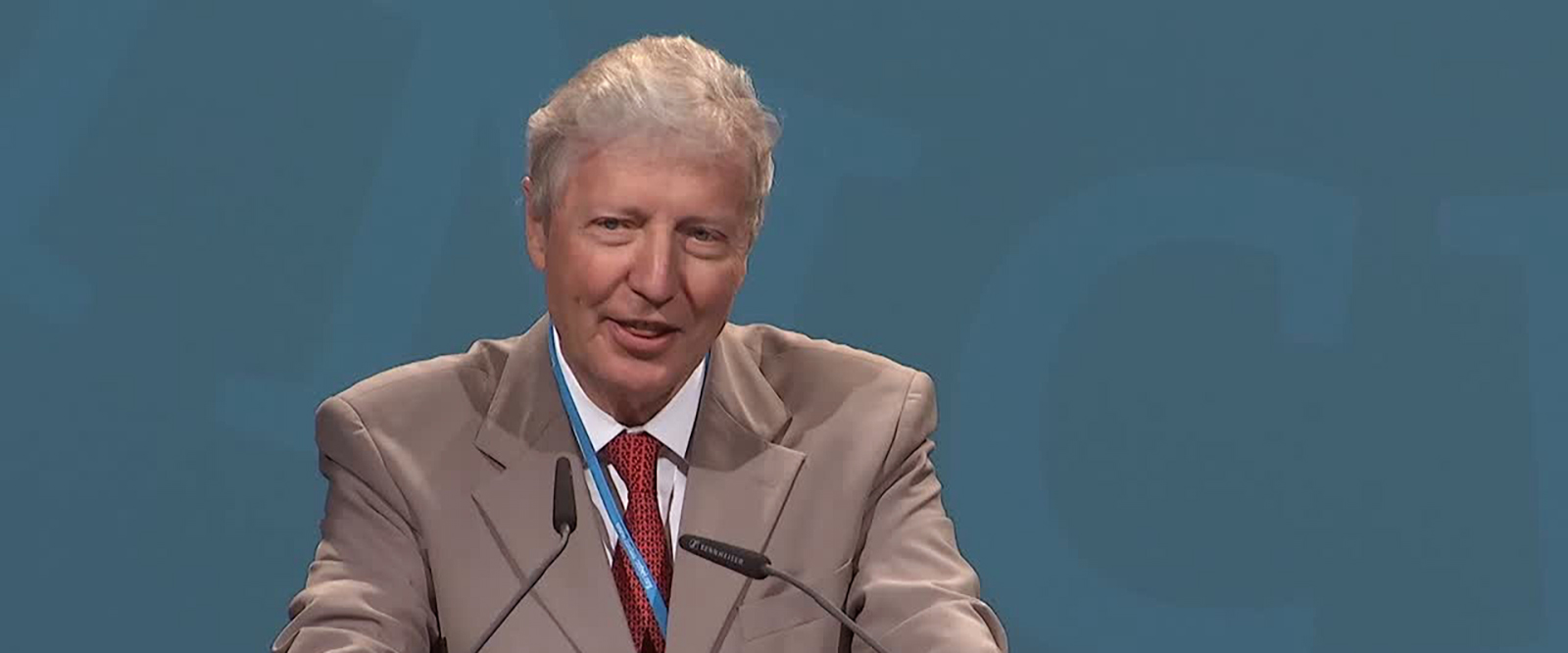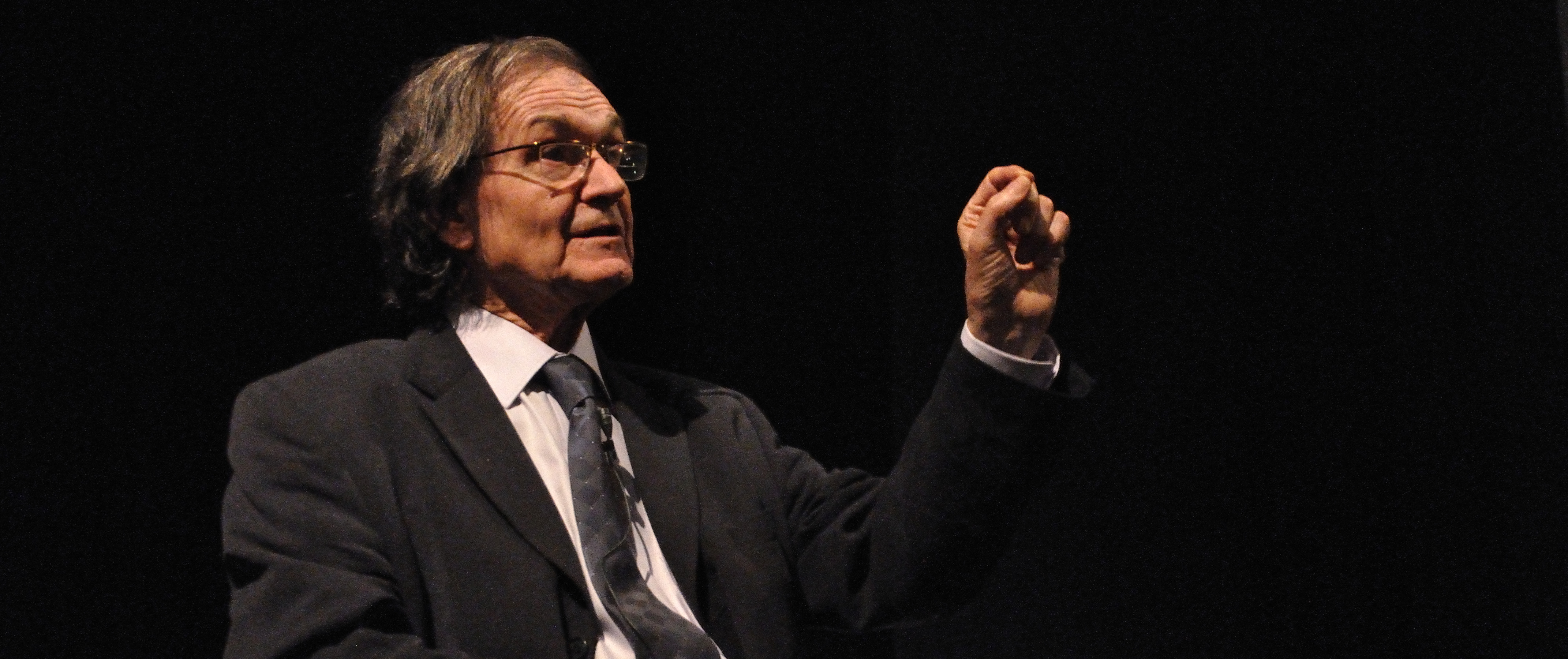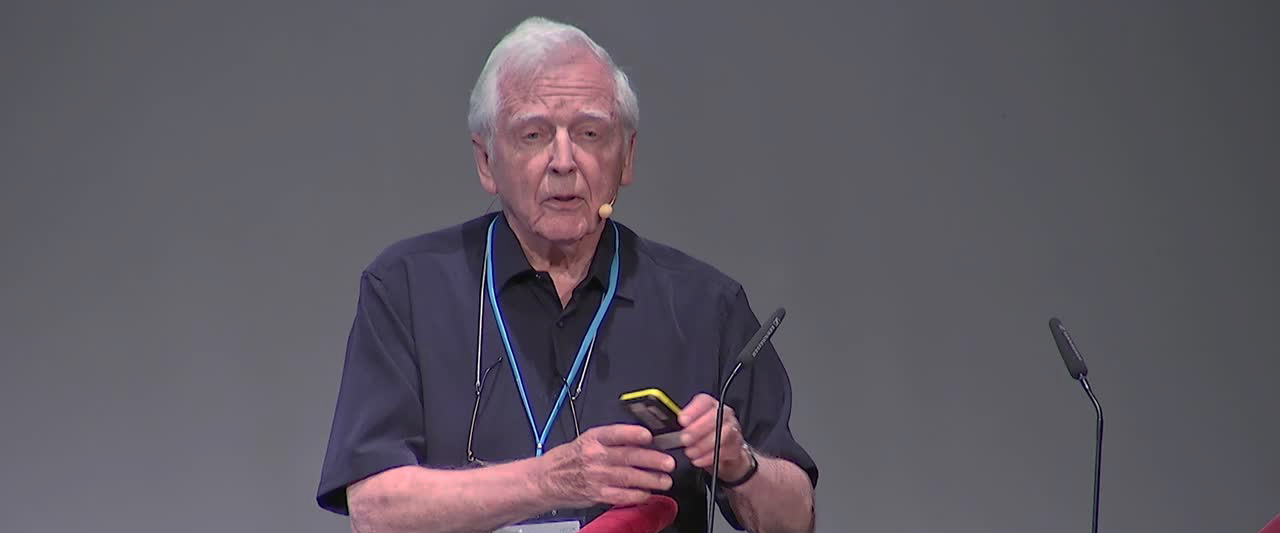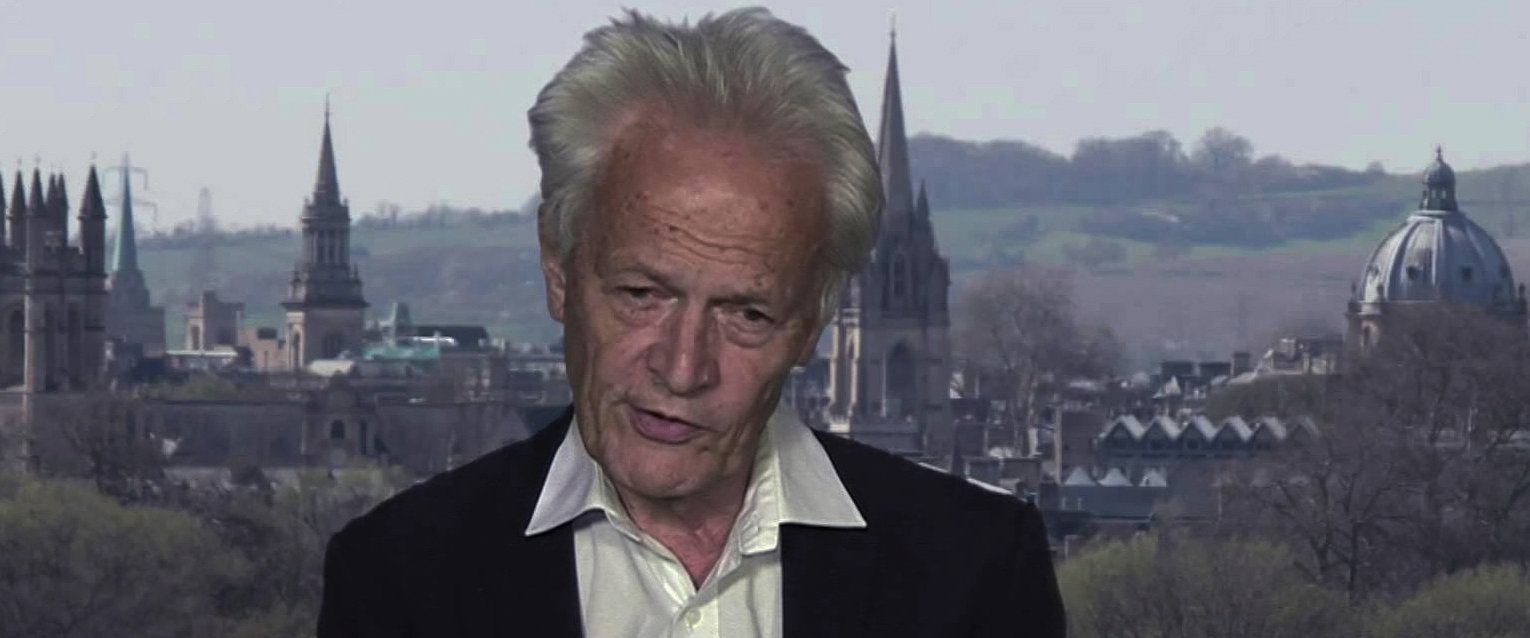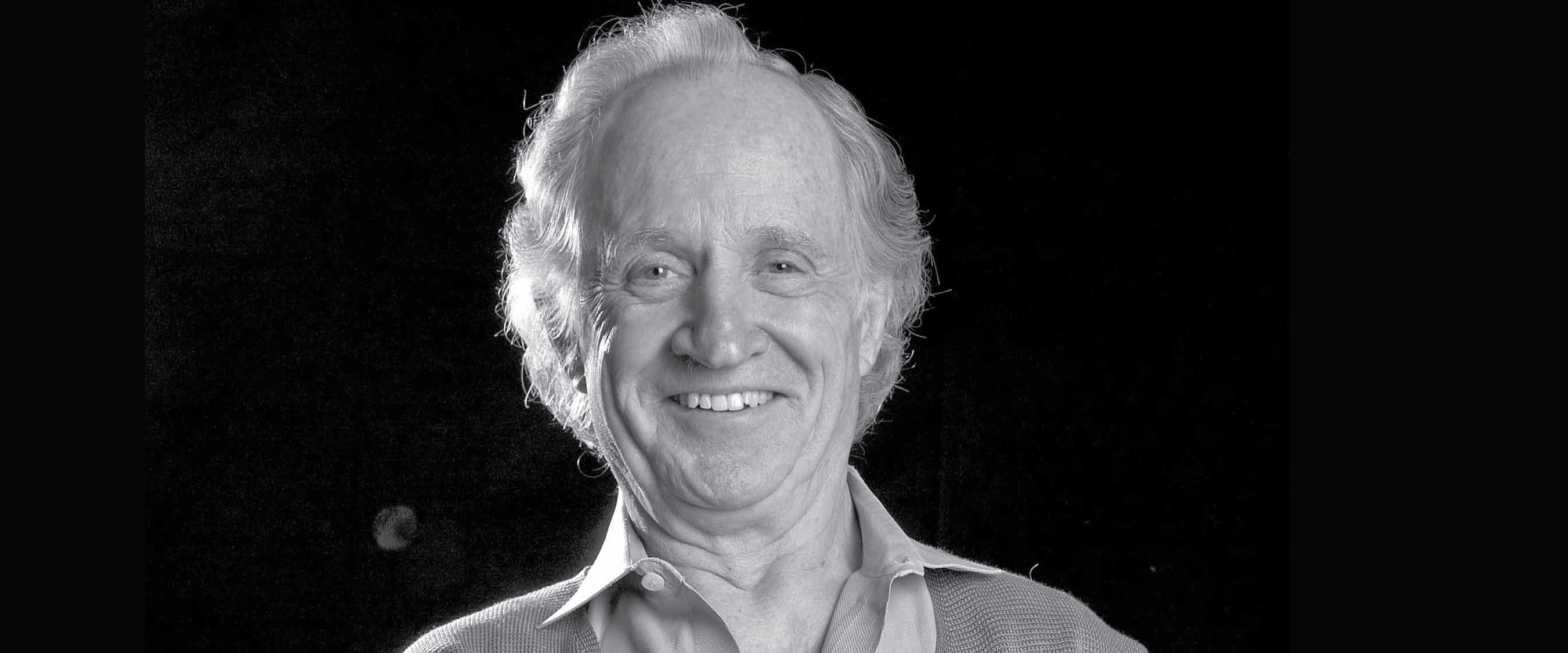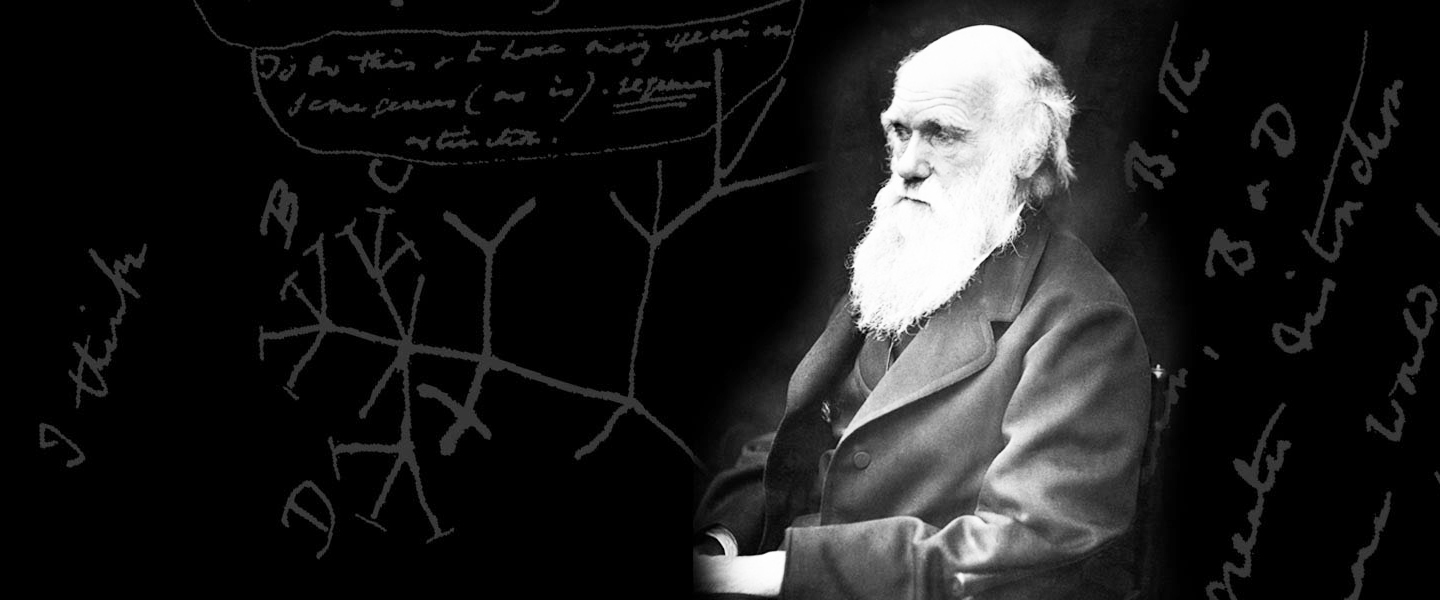19th October 2018.
Manlio Vinciguerra, Institute for Translational Medicine, Brno, Czech Republic
On the 19th of October 2018 Manlio Vinciguerra, of the Institute of Translational Medicine at Brno, will give a seminar on Cancer stemness and adaptive immune evasion in hepatocellular carcinoma at 2.00 pm in the College lecture theatre. In his talk M Vinciguerra will discuss advances on the study of the origin of liver cancer cells and their ability to evade the immune system. These may have implications for our understanding of cancer biology and the development of future therapies liver cancer, a major cause of human death especially in Asian populations. All College students are invited to attend, especially those reading Medicine, Biology, Biotechnology and Pharmaceutical Sciences. The poster of the lecture can be downloaded here.
Abstract
Among the epigenetic mechanisms of control of gene expression, histone variants confer to the nuclear chromatin unique properties. Histone variants, mostly of canonical histones H2A, H2B and H3, have important roles in lineage commitment of stem cells, in somatic cell reprogramming to pluripotency and, in some cases, in the modulation of animal aging and life span. MacroH2A1 is the largest histone variant in nature, regulating cell plasticity and proliferation, during pluripotency and tumorigenesis (1,2). In hepatocellular carcinoma (HCC), the most common cause of death in people with liver cirrhosis, loss of the histone variant macroH2A1 induces cancer stem cells (CSCs) appearance and chemoresistance (3). CSCs exhibit stem cell like features and are responsible for tumor relapse and metastasis. How these CSCs interact with neighboring non-stem HCC cells and are cleared by the adaptive immune system is unclear. I will show that CSCs reprogram neighboring HCC cells into CSC-like cells that can evade the adaptive immune response. This effect is achieved through combined epigenetic and paracrine mechanisms, via loss of histone variant macroH2A1 and chemokine/cytokine depletion in the tumor microenvironment (4).
Biography
Dr. Manlio Vinciguerra, PhD, (born in Catania on 05.05.1976), currently holds a Principal Investigator position at the International Clinical Research Center (FNUSA-ICRC), in Brno, Czech Republic. He directs a research team of 20 scientists, focusing on (1) epigenetics, aging and liver cancer, and on (2) prevention of cardio-metabolic disorders. He has 17 years of research training and experience conducted in 6 different European countries (Italy, Netherlands, Switzerland, Germany, UK, Czech Republic). His research has been funded by Telethon, Swiss National Fund for Research (SNSF), EMBO, AIRC, H2020, the European Regional Fund for Development (ERFD), government and pharmaceutical companies. He authored ~140 publications with cumulative IF=800, between research papers, reviews, editorials and book chapters. His H index is 34 and number of citations he received is >4300.
Reference
(1) Histone MacroH2A1: A Chromatin Point of Intersection between Fasting, Senescence and Cellular Regeneration. Lo Re O, Vinciguerra M. Genes (Basel). 2017 Dec 5;8(12). pii: E367. doi: 10.3390/genes8120367.
(2) DNA Hypomethylation and Histone Variant macroH2A1 Synergistically Attenuate Chemotherapy-Induced Senescence to Promote Hepatocellular Carcinoma Progression. Borghesan M, Fusilli C, Rappa F, Panebianco C, Rizzo G, Oben JA, Mazzoccoli G, Faulkes C, Pata I, Agodi A, Rezaee F, Minogue S, Warren A, Peterson A, Sedivy JM, Douet J, Buschbeck M, Cappello F, Mazza T, Pazienza V, Vinciguerra M. Cancer Res. 2016 Feb 1;76(3):594-606.
(3) Induction of cancer cell stemness by depletion of macrohistone H2A1 in hepatocellular carcinoma. Lo Re O, Fusilli C, Rappa F, Van Haele M, Douet J, Pindjakova J, Rocha SW, Pata I, Valčíková B, Uldrijan S, Yeung RS, Peixoto CA, Roskams T, Buschbeck M, Mazza T, Vinciguerra M. Hepatology. 2017 Sep 15. doi: 10.1002/hep.29519. [Epub ahead of print]
(4) manuscript in revision.
Image
A histological section of normal human liver
